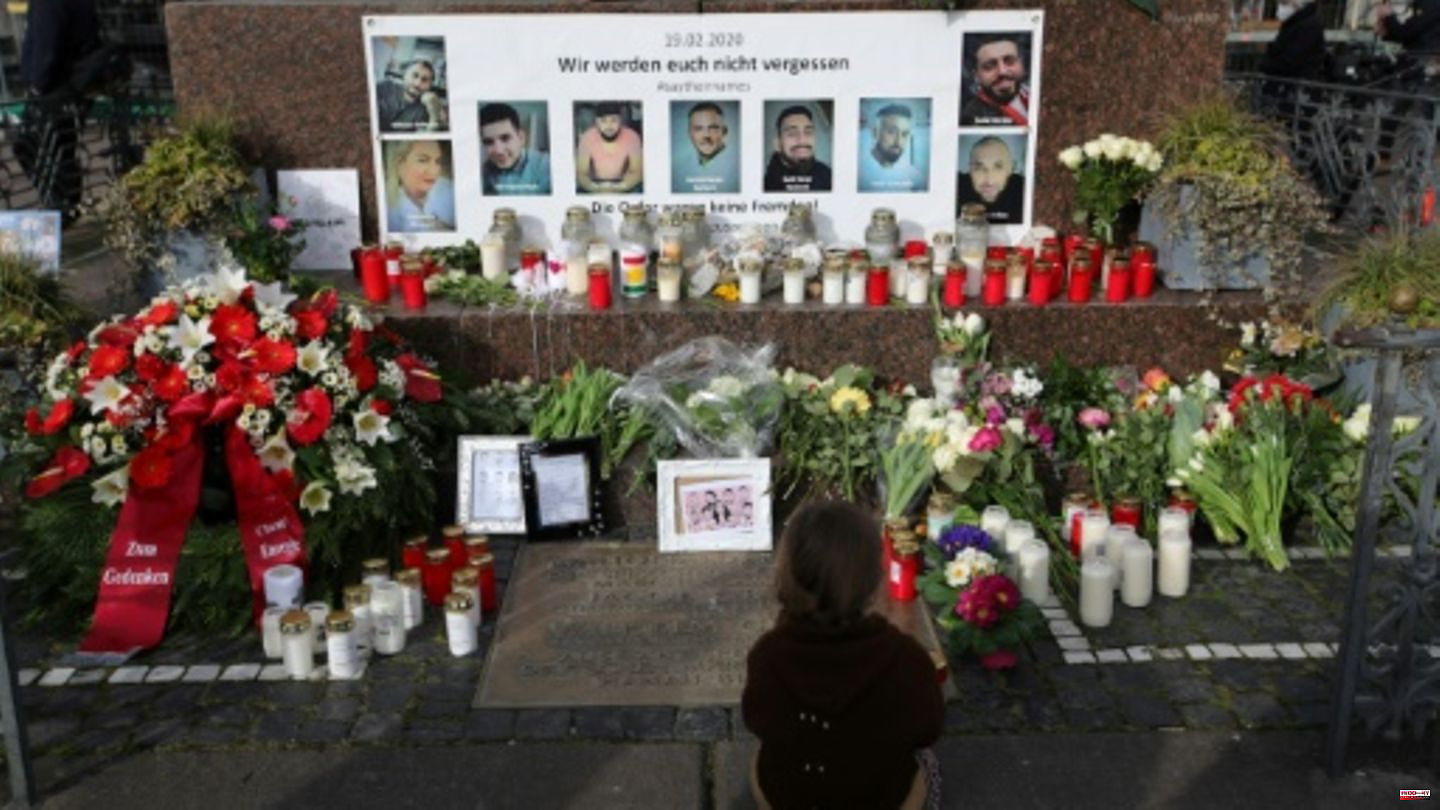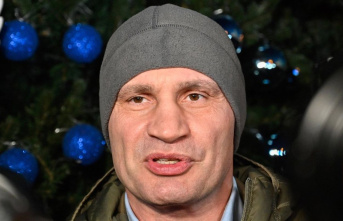On February 19, 2020, Tobias R. killed nine people with a migration background, his mother and himself in the Hessian city. At the end of December 2021, the federal prosecutor's office stopped investigating the attack. There is no evidence of accomplices, instigators, assistants or accomplices of the assassin, it said. This caused criticism among the families of the victims.
Hanau is not an isolated case, but part of a chain of racially motivated excesses of violence in reunified Germany, said Roth. Wherever racism shows up, wherever people are discriminated against, the entire democratic coexistence is also endangered. "That's why we are all asked," said the Minister of State. It is about showing attitude and face in the fight against racism and right-wing extremism.
The Federal Anti-Discrimination Commissioner, Ferda Ataman, meanwhile criticized the treatment of those affected by racism in Germany. Relatives of victims in Hanau and many others have just experienced that discrimination is being played down "and dismissed as an irrelevant interest of minorities," she told the Funke newspapers on Saturday. "At the same time, we are observing that after the events on New Year's Eve, general suspicion was expressed against people with a migration background."
In Hanau, the victims were commemorated on Sunday with a commemoration in the cemetery, a funeral service on the market square and a sermon in Hanau's Marienkirche. The chairwoman of the council of the Evangelical Church in Germany (EKD), Annette Kurschus, spoke of February 19, 2020 as a "turning point".
Kurschus said in her sermon that something fundamental had changed for the families of the dead and for the whole city of Hanau. "Never again will you, as a relative, be able to pronounce the names of your loved ones as freely as in the days before." That stopped forever. "But not love," said Kurschus.
Hesse's Prime Minister Boris Rhein (CDU) and his deputy, Economics Minister Tarek Al-Wazir (Greens), attended the commemoration and funeral service, as did Interior Minister Nancy Faeser (SPD). The two politicians Rhein and Al-Wazir said in a joint statement: "What happened three years ago in Hanau is still unbelievable today. It is - and will always be - cruel."
That's why there will and can never be "forgetting: not by the relatives and not by us." Rhein demanded: "We must do everything in our power to ensure that such a terrible act does not happen again."
Federal Minister of Justice Marco Buschmann (FDP) said the attack in Hanau "remains a wound that will not heal". "We must not tolerate the fact that people in our country have to fear becoming victims of violent crime because of their history of origin," he continued.
Three Roma were among the people with a migration background killed on February 19, 2020. The Federal Government Commissioner against antiziganism and for the life of the Sinti and Roma in Germany, Mehmet Daimaguler, declared that the "contempt for the minority, especially its criminalization" did not stop with the murders. Racism against Sinti and Roma is not limited to Nazis, but can be found "everywhere in Germany, including in the authorities".
"If we really fight the racist hatred of the right-wing extremists in Germany, we must not forget the racism in the middle of society," demanded Daimaguler. This also includes racial profiling by state structures.












